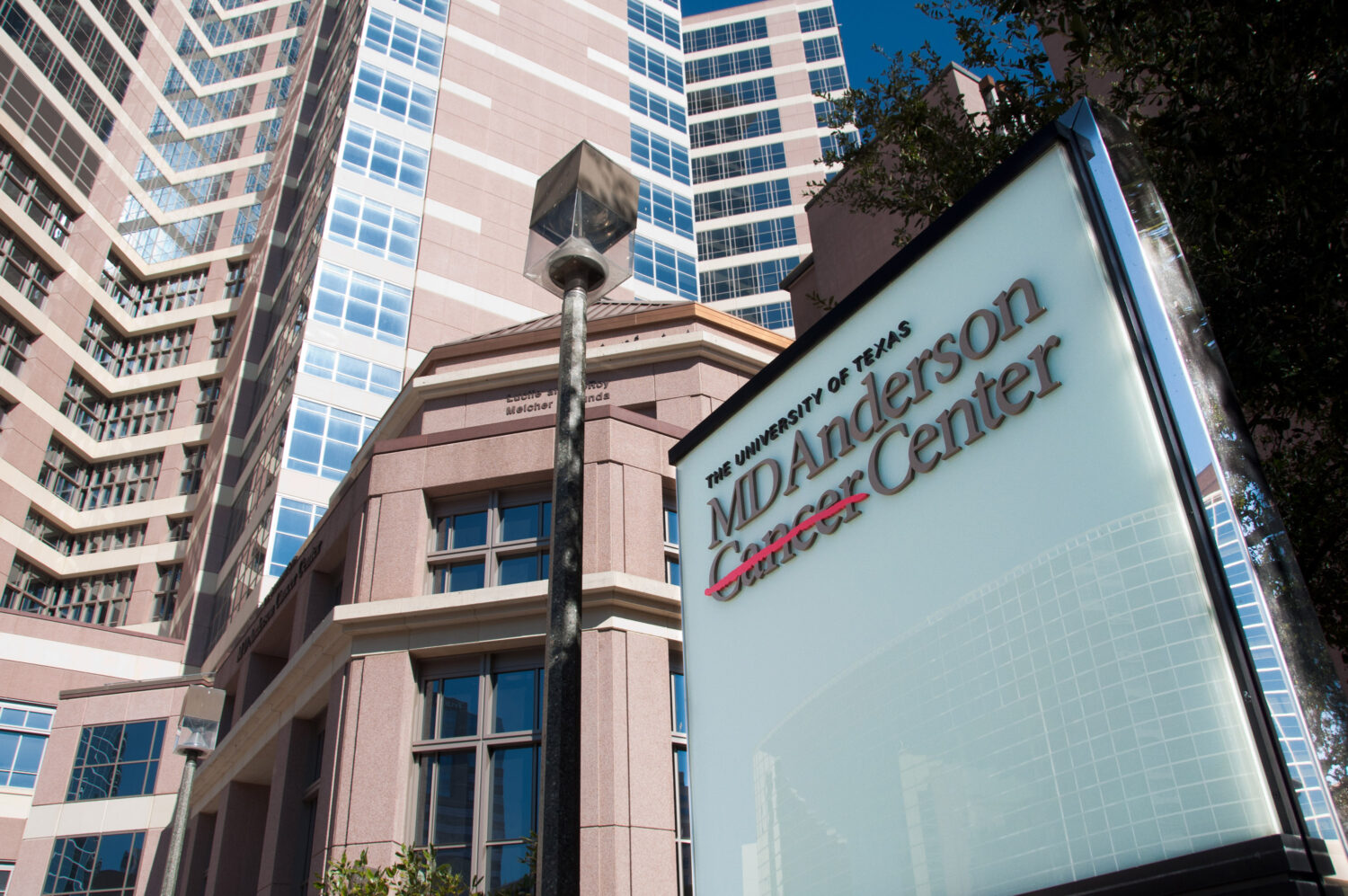
What You Should Know:
– The University of Texas MD Anderson Cancer Center announced efforts to advance its capabilities to seamlessly connect basic science, translational and clinical research data for the benefit of patients through a technology collaboration with Syntropy and the Foundry platform.
– This initiative is part of MD Anderson’s new Strategy aimed at focusing its mission to end cancer on approaches that maximize the impact on humanity, which includes growing its capabilities in data science.
Efficiently and Effectively Aggregate Disparate Data, Enable Team Science
Building upon the institution’s substantial digital infrastructure, the Foundry platform adds to MD Anderson’s growing ability to contextually integrate and draw clinically meaningful insights from vast quantities of data, including clinical, biospecimen, imaging, and other sources, while assuring appropriate use and data protections through state-of-the-art provenance and access controls. By assembling and harmonizing the diverse data types and making them “similar” enough to analyze while highlighting their unique differences, MD Anderson researchers are able to more effectively find data, establish collaborations and team together to efficiently derive insights.
Through ongoing education and implementation efforts, MD Anderson will be conducting a strategic and systematic rollout to additional researchers on the platform and expanding access throughout the institution. Additional opportunities exist to explore secure data collaborations with other academic and industry partners. MD Anderson also has submitted grant proposals using Foundry as an enabling platform for collaboration.
As an example, hundreds of collaborators across diverse disciplines at MD Anderson already have conducted more than 50 projects in Foundry, with an initial focus on COVID-19 and its impact on cancer patients. Recognizing an urgent need to rapidly address research questions at the start of the pandemic, MD Anderson enabled its researchers to leverage the Foundry platform to generate insights from a common, curated, readily available source of aggregated COVID-19 data for cancer patients. Research from this work will be presented at the 2021 American Society of Clinical Oncology (ASCO) Annual Meeting in June. “We are well-positioned to maximize our understanding of the massive amount of largely unstructured data in cancer care and research,” said Scott Woodman, M.D., Ph.D., associate professor of Genomic Medicine at MD Anderson. “The technology has enabled multiple researchers, including my own research team and me, to extract insights and to efficiently generate learnings aimed at enhancing patients’ lives.”
Through ongoing education and implementation efforts, MD Anderson will be conducting a strategic and systematic rollout to additional researchers on the platform and expanding access throughout the institution. Additional opportunities exist to explore secure data collaborations with other academic and industry partners. MD Anderson also has submitted grant proposals using Foundry as an enabling platform for collaboration.
